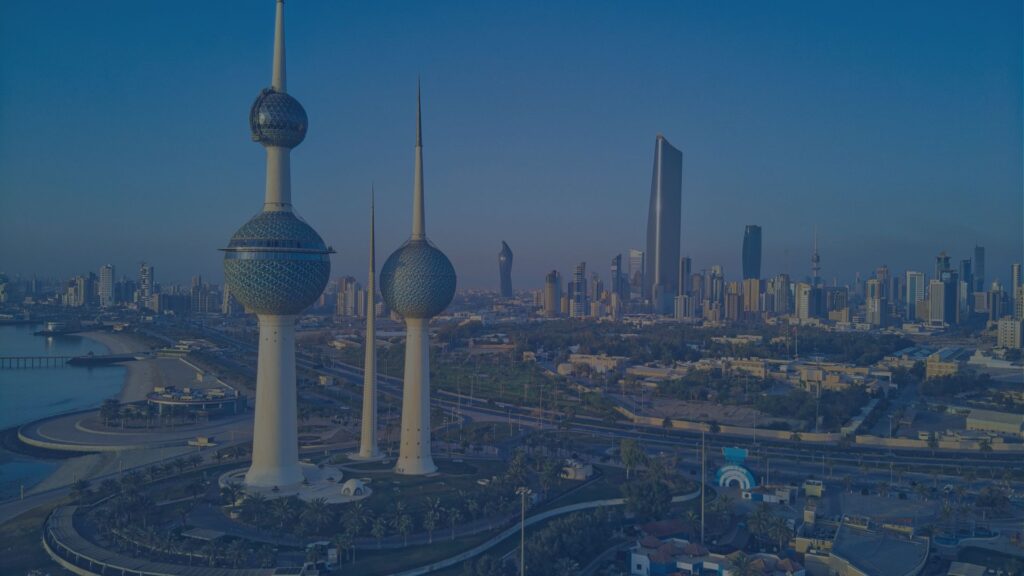
Entertainment and sporting events have not always been the first things that come to mind in relation to Saudi Arabia. However, in recent years the country has made great strides in developing its entertainment industry, with a particular focus on sports. This has been driven by several factors, including the country’s large and young population, and the government’s desire to build a more diverse and modern economy.
While the sporting industry in Saudi Arabia is still in its early stages of development, it is currently growing at a rapid pace. This is evident in the increasing number of sports facilities and events being held in the country and the growing number of Saudis participating in sports. In addition, the Saudi government has been investing heavily in the sporting industry, both in terms of infrastructure and supporting local athletes.
Key Developments in Saudi Arabia’s Sporting Sector
The Saudi government has taken a keen interest in the role of sports and sporting events in the country’s development. In line with its Vision 2030 reform agenda, the government has set out to increase participation in sports and improve the quality of sporting facilities and events within the Kingdom. This has led to many developments within Saudi Arabia’s sporting sector, including the ones outlined below.
Increase in Major Sporting Events
One of the most notable developments in Saudi Arabia’s sporting industry has been the increase in major sporting events being held in the country. Over the past five years, the country has hosted several high-profile sporting events, including the Saudi Arabian Grand Prix in 2021, the Joshua v Ruiz II – “Clash on the Dunes” in 2018 and the Saudi Cup international horse racing event in 2020. Saudi Arabia has now put forward its bid to host the FIFA World Cup in 2030.
The Introduction of ESports
Esports — competitive electronic gaming — is not recognised by many countries as a sport. This means it can be difficult for professional gamers to find an appropriate venue to compete at an international level. However, in recent years, Saudi Arabia has begun to nurture its own esports scene, which has included the establishment of the Saudi Esports Federation in 2017. In the summer of this year, the federation launched the Gamer8 Festival, which was a highly successful 8-week esports event held across Riyadh.
The Growth of Women’s Sport
The Saudi government has taken a keen interest in increasing women’s participation in sports over the last decade. In 2012, the nation sent its first female athletes to the Olympic games and from 2017 onwards, women have been allowed to compete in sports tournaments held in the country. 2020 saw the launch of the Saudi Women’s Premier League, ushering in a new era for women’s football in the Kingdom.
The Rise of Sports Tourism
The Saudi government is also looking to develop the country’s sports tourism industry. In 2018, the Kingdom hosted the first season of the World Boxing Super Series at King Abdullah Sports City in Jeddah, which attracted boxing fans from all over the world. The country is also set to host the Spanish Super Cup semi-final in 2023 and the Formula E Diriyah E-Prix early next year. These types of events are not only a boost for the sporting industry, but also for the country’s economy as a whole.
Savvy Games Group Strategy
In September 2022, Saudi Crown Prince Mohammed bin Salman announced the government’s goal of becoming a global hub of games and esports, with the launch of the Savvy Games Group Strategy. This ambitious plan includes a focus on developing the local games industry, as well as supporting Saudi Arabian gamers to compete at an international level. As part of the plan, the government will establish 250 games companies in the country by 2030, creating over 39,000 jobs. In total, government investment in this strategy is expected to reach SAR 142 billion by 2030.
Next World Event
The Saudi Esports Federation just hosted the inaugural Next World Forum in September 2022. It was a two-day event that saw a number of prominent Esports industry speakers gather to discuss the future of the sector. Among them were Grant Johnson, the chairman and CEO of Canada’s Esports Entertainment Group and Chester King, the vice president of the Global Esports Federation. The forum was a huge success, with over 1,000 people in attendance from across the globe.
What Does the Future Hold?
The sporting industry in Saudi Arabia is still in its early stages of development. However, the sector is growing at a rapid pace and the government is fully supportive of its growth. This is evident in the many developments that have taken place in recent years, including the increase in major sporting events, the arrival of esports and the active promotion of women as both sports spectators and competitors.
In addition to this, the Saudi government is keen to develop the country’s sports tourism industry as part of its move to diversify the nation’s economic activity. With the government’s continued support, it is likely that the sector will continue to grow in popularity and size, welcoming a new era of sports in Saudi Arabia.


